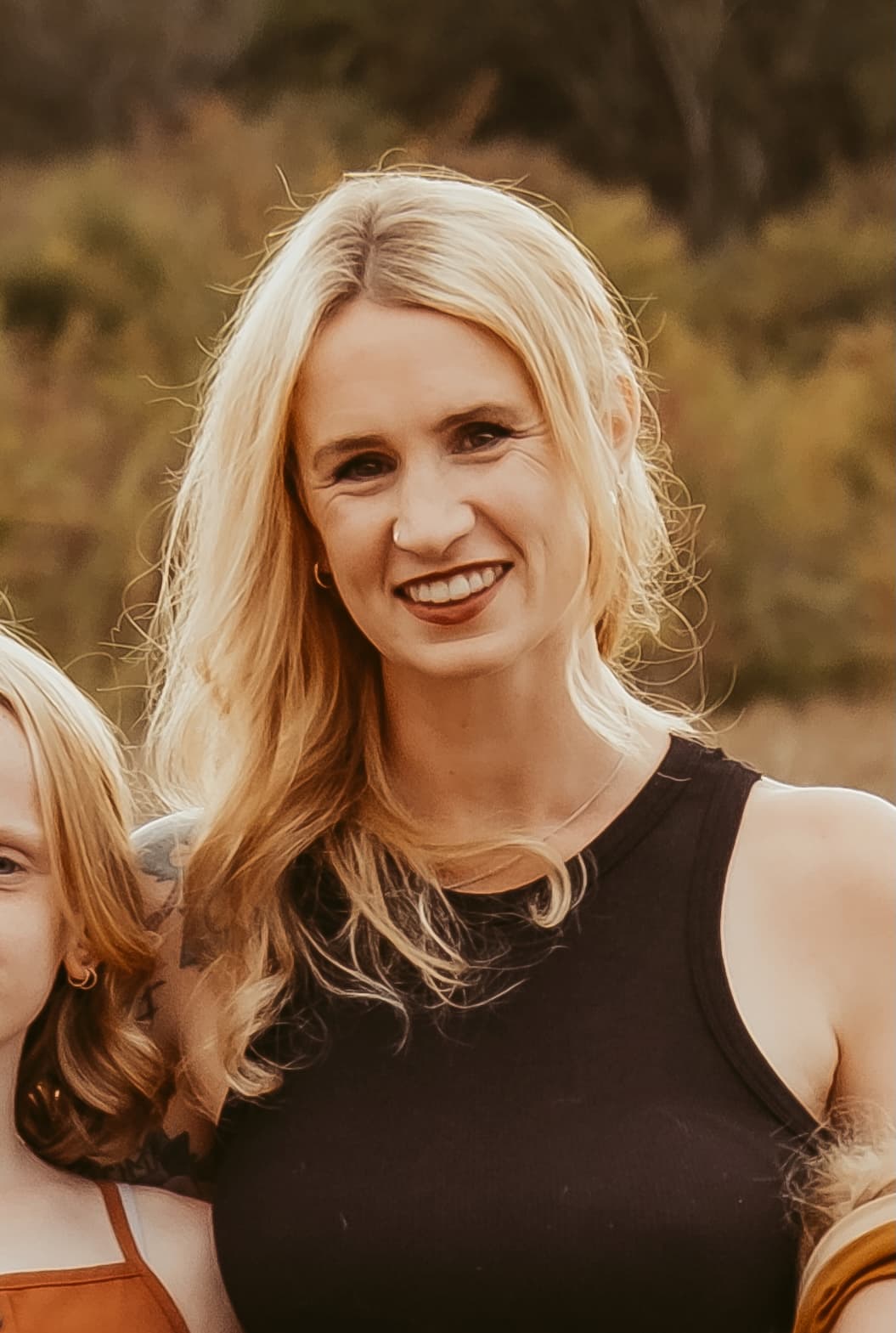
I'm Erin!
I'm a Board Certified Lactation Consultant (BSc, IBCLC) who is passionate about helping parents reach their breastfeeding goals. I offer in-person & virtual consultations, as well as group & private classes.
I live and work on Vancouver Island.
Learn moreI acknowledge that for thousands of years the Quw'utsun, Malahat, Ts'uubaa-asatx, Halalt, Penelakut, Stz'uminus, & Lyackson Peoples have walked gently on the unceded territories where I now live, work, & learn.
Services
I offer in-person services on South Vancouver Island and virtual services anywhere in the world. If you're looking for support on the lower mainland, I recommend Alex O'Sullivan.
Lactation Consultation
I offer in-person and virtual consultations for expecting parents or those who are experiencing breastfeeding challenges. I will provide a thorough assessment of you and your baby, and will work with you to develop a personalized care plan to meet your goals.
- In-person $195
- Virtual $175
Breastfeeding 101
This 2.5 hour virtual class is designed to be interactive and discussion-oriented. It offers an in-depth, evidence based look at breastfeeding and common lactation concerns.
- Group $125
- Private $200
FAQs
In most cases, low milk supply can be improved through strategies like frequent and effective nursing, proper latch, and seeking support from a lactation consultant. It's uncommon for women to have a true medical inability to produce enough milk.
While breastfeeding may cause some mild discomfort initially, it should not be excessively painful. Persistent pain may indicate an improper latch, or a number of other issues.
Breast surgery, such as augmentation or reduction, may affect milk supply and the ability to breastfeed. It depends on the type of surgery and individual circumstances. Consulting with lactation specialist can provide personalized guidance.
Yes, it's possible to continue breastfeeding while working. Employers are often required to provide breastfeeding-friendly facilities and breaks for mothers to pump or nurse their babies. Establishing a pumping routine and storing breast milk properly can support continuing breastfeeding after returning to work.
Nope! Temperature is a preference but breastmilk shouldn't be warmer than body temperature.
Up to a year. One thing to keep in mind is that freezing breast milk breaks down the milk's immunological properties. This can give the milk a soapy smell, but it's still safe for baby.
Questions?
I'm happy to help answer any questions you may have.
Email me